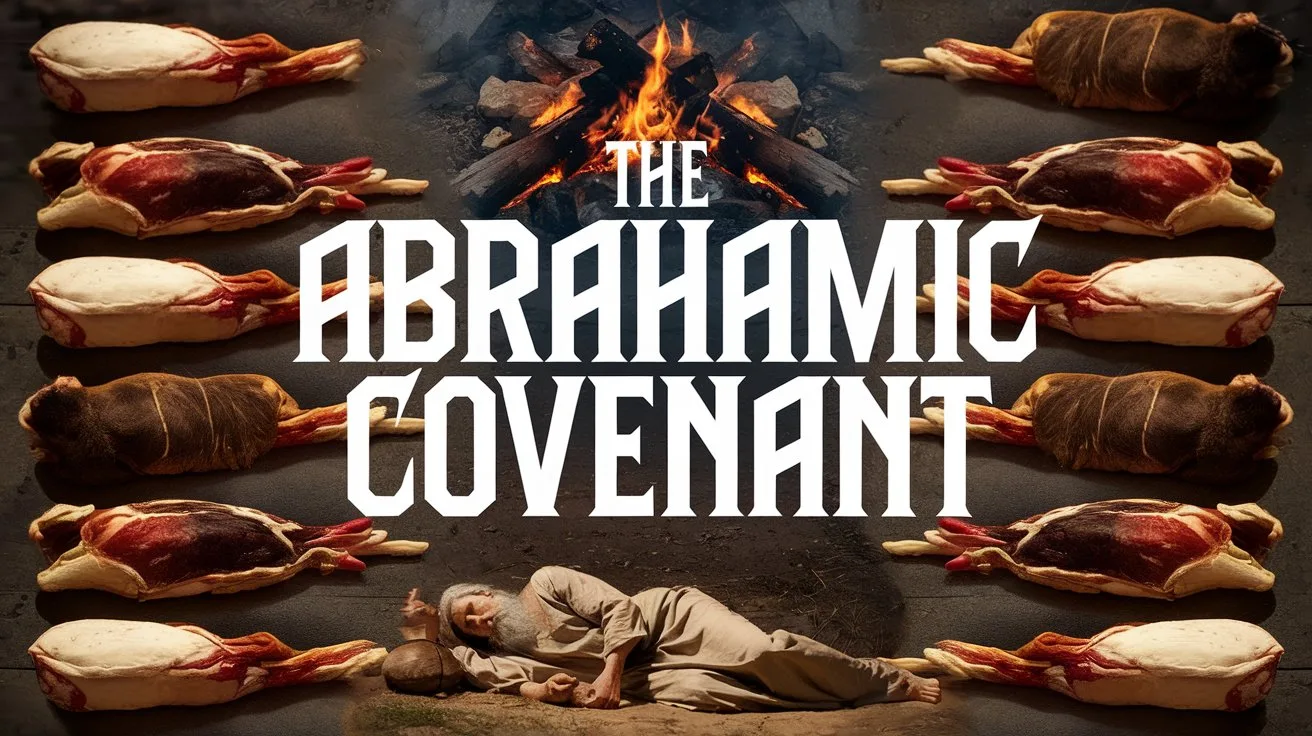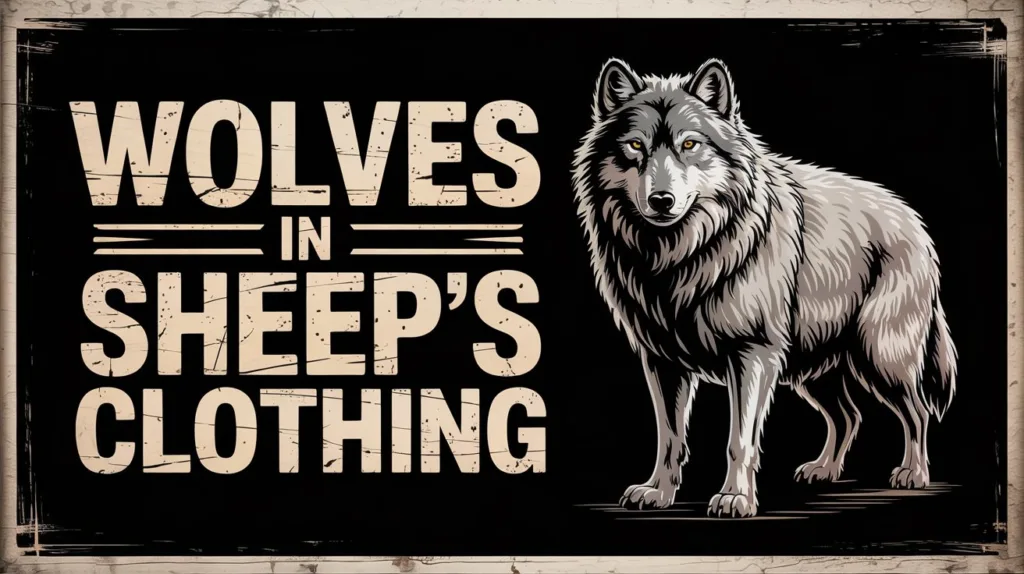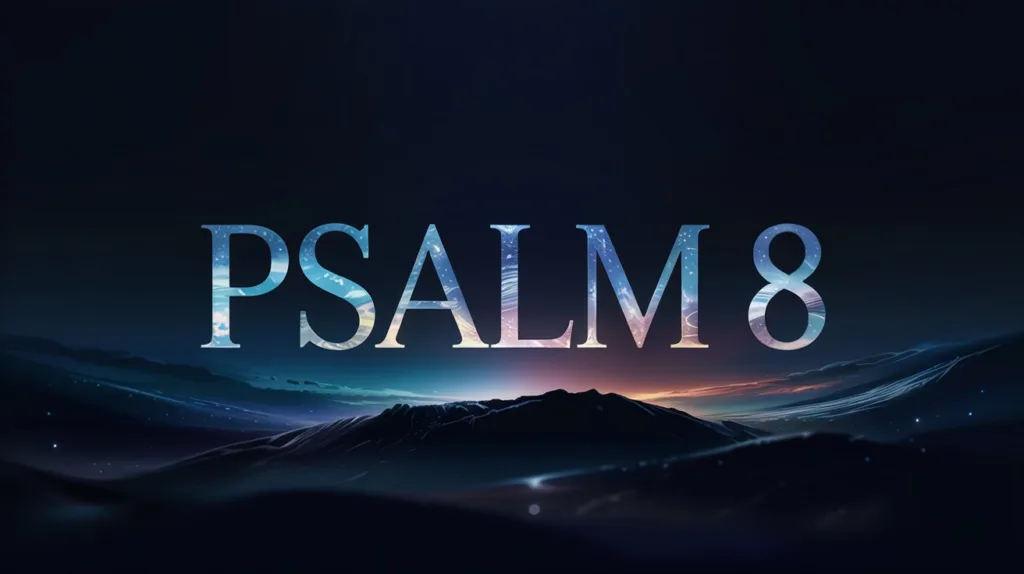In the early pages of Scripture, we find a moment that reveals the very heart of God’s faithfulness: a covenant made with Abraham that was not dependent on human ability, but entirely upon God’s grace. This moment, recorded in Genesis 15, is one of the most significant in all of biblical history, pointing forward to the gospel of Jesus Christ.
God’s Promise and Abraham’s Question
The covenant begins with a divine conversation. Abraham, still known as Abram at this point, had been following God’s call. He had left his homeland and journeyed to an unknown land by faith. Yet, despite God’s repeated promises, Abraham still had no children. The years had passed, and humanly speaking, his chances of fathering a child were fading. In his moment of weakness, Abraham questioned God, not in defiance but in longing for the fulfillment of what had been promised.
“But Abram said, ‘Lord GOD, what will You give me, seeing I go childless, and the heir of my house is Eliezer of Damascus?'” (Genesis 15:2)
Abraham wanted assurance. Would his servant be his heir? Had he misunderstood God’s plan? The Lord responded not with rebuke, but with a reaffirmation of His promise.
“Then He brought him outside and said, ‘Look now toward heaven, and count the stars if you are able to number them.’ And He said to him, ‘So shall your descendants be.’ And he believed in the LORD, and He accounted it to him for righteousness.” (Genesis 15:5-6)
Here, faith is the key. Abraham believed God, and this belief—this trust in God’s word—was counted as righteousness. Yet, though Abraham believed, he still struggled with doubt. He asked how he could know for certain that he would possess the land (Genesis 15:8). In response, God prepared to make a covenant in the most solemn and binding way known in the ancient world.
The Covenant Ceremony: God Walks Alone
God instructed Abraham to bring a heifer, a goat, a ram, a turtledove, and a pigeon. These were to be sacrificed, and Abraham cut the larger animals in half, laying the pieces opposite each other. This act was part of an ancient ritual used when two parties made a covenant. Typically, both parties would walk between the pieces as a way of saying, “May this be done to me if I break this covenant.” It was a blood-binding agreement that could not be broken without death.
Abraham obeyed, but something unusual happened. Instead of both parties walking between the pieces, Abraham was put into a deep sleep.
“Now when the sun was going down, a deep sleep fell upon Abram; and behold, horror and great darkness fell upon him.” (Genesis 15:12)
In this moment, Abraham was completely incapacitated. He could not participate in the covenant. This was no ordinary sleep: he was in a state of overwhelming awe and fear, unable to move or contribute. Then, something profound took place.
“And it came to pass, when the sun went down and it was dark, that behold, there appeared a smoking oven and a burning torch that passed between those pieces.” (Genesis 15:17)
The presence of God Himself, represented by the smoking oven and the burning torch, passed between the pieces alone. Abraham did not walk the path; only God did. This meant that the covenant was entirely dependent on God’s faithfulness, not Abraham’s obedience. If the covenant were broken, it would not be Abraham who paid the price, but God Himself.
What This Means: God’s Covenant is Kept by His Own Power
This moment in history demons/”>demonstrates that when we are weak, when we are unable, God remains faithful. Abraham had no strength to uphold the covenant, and neither do we. If Abraham had walked the line, it would have meant that his faithfulness determined the fulfillment of God’s promise. But God ensured that the promise would be fulfilled regardless of Abraham’s failures.
We see Abraham struggle in the following chapters. He would try to fulfill God’s promise his own way by having a child through Hagar (Genesis 16). He would laugh at God’s promise that Sarah would bear a son (Genesis 17:17). Yet, none of these failures could nullify the covenant, because the covenant did not depend on Abraham; it depended on God.
The Fulfillment in Christ: The New Covenant
The significance of this covenant does not end in Genesis. It finds its ultimate fulfillment in Jesus Christ. Just as Abraham was unable to uphold the covenant, mankind was unable to keep God’s law. We failed again and again, but God did not abandon His promise. Instead, He walked the covenant path again—this time in the form of Jesus Christ.
Jesus became the sacrifice, the One who bore the punishment for our failure to keep the covenant.
“For when we were still without strength, in due time Christ died for the ungodly.” (Romans 5:6)
Just as Abraham was helpless in that moment, so are we. We could not save ourselves, so God Himself took on flesh and upheld the covenant in our place. Jesus walked the road to Calvary alone, bearing the weight of the broken covenant. The cross was where God took upon Himself the penalty of our unfaithfulness.
“Christ has redeemed us from the curse of the law, having become a curse for us.” (Galatians 3:13)
Paul makes it clear that the promise to Abraham was always pointing to Christ.
“Now to Abraham and his Seed were the promises made. He does not say, ‘And to seeds,’ as of many, but as of one, ‘And to your Seed,’ who is Christ.” (Galatians 3:16)
Jesus is the ultimate fulfillment of the covenant. Because God walked the line alone in Genesis 15, we have a sure salvation: one that is not dependent on our works but on God’s grace through faith in Christ.
My Final Thoughts
The covenant with Abraham is a powerful reminder that God’s promises do not fail, even when we do. He made the covenant alone, He fulfilled it alone, and He guarantees it by His own faithfulness. Just as Abraham could not walk the line, we could never be righteous on our own. But God, in His mercy, made a way—through Jesus Christ.
When we are weak, when we doubt, when we struggle, we must remember this truth: God keeps His promises. Our salvation is not dependent on how strong we are, but on how faithful He is. That is the beauty of His grace.





 Get the book that teaches you how to evangelize and disarm doctrines from every single major cult group today.
Get the book that teaches you how to evangelize and disarm doctrines from every single major cult group today.